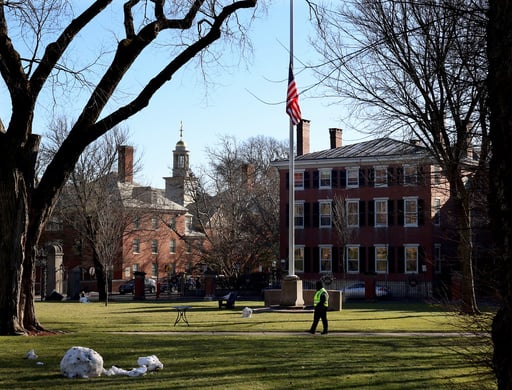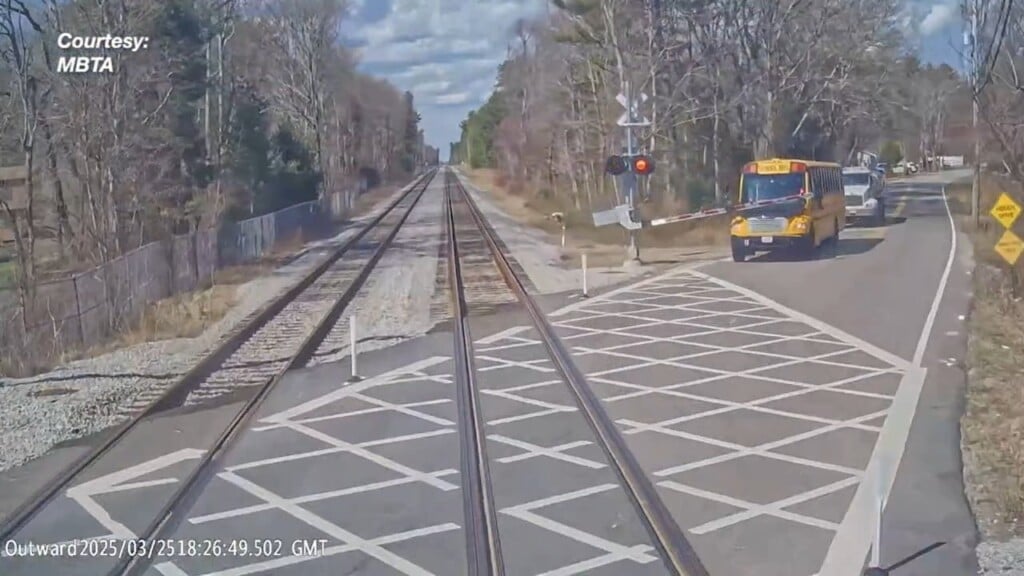How new MCAS rules could impact current and former students in Massachusetts
DIGHTON, Mass. (WLNE) — For the first time in more than two decades, high school students in Massachusetts won’t have to pass a standardized test to graduate.
Residents voted to eliminate the MCAS exam requirement back in November.
Dighton-Rehoboth Superintendent Bill Runey told ABC6 he was conflicted on the matter.
“I understand the logic of it,” Runey said. “I was hoping that it would remain as one of the competency determinations for graduation, because if something is optional for students, they don’t always take it as seriously.”
The Massachusetts Comprehensive Assessment System (MCAS) exam requirement first went into effect in 2003.
Now that passing is no longer required to graduate, Runey said that even former students may finally be eligible to get their diplomas.
“Anyone from 2003 to 2024 who did not get their high school diploma because of the MCAS requirement, they can reach out to us,” he said. “We will gladly do an audit of their transcript.”
Runey said if those former students passed everything they needed to with the exception of MCAS, Dighton-Rehoboth will grant them a diploma.
The school committee will convene several times over the next couple of weeks before the policy allowing the diplomas to be issued is officially approved.
“The discussions at the policy subcommittee have been positive thus far, so I’m very confident that it’s going to pass,” Runey said.
As for how the change will impact current students, the superintendent said there have been discussions about altering the curriculum.
Runey noted that many teachers told him they felt constrained by the MCAS requirement.
“They were limited by the information that they had to make sure they were preparing the students for,” Runey said. “Sometimes that handcuffed their creativity in the classroom.”
“I think what we’re gonna see as an eventual aspect of this new mindset is that the creativity of our teachers in those MCAS subjects is going to expand,” he added.
The situation is still very fluid, according to Runey, who said leaders across the state will continue to discuss best practices ahead of the upcoming graduation season.



